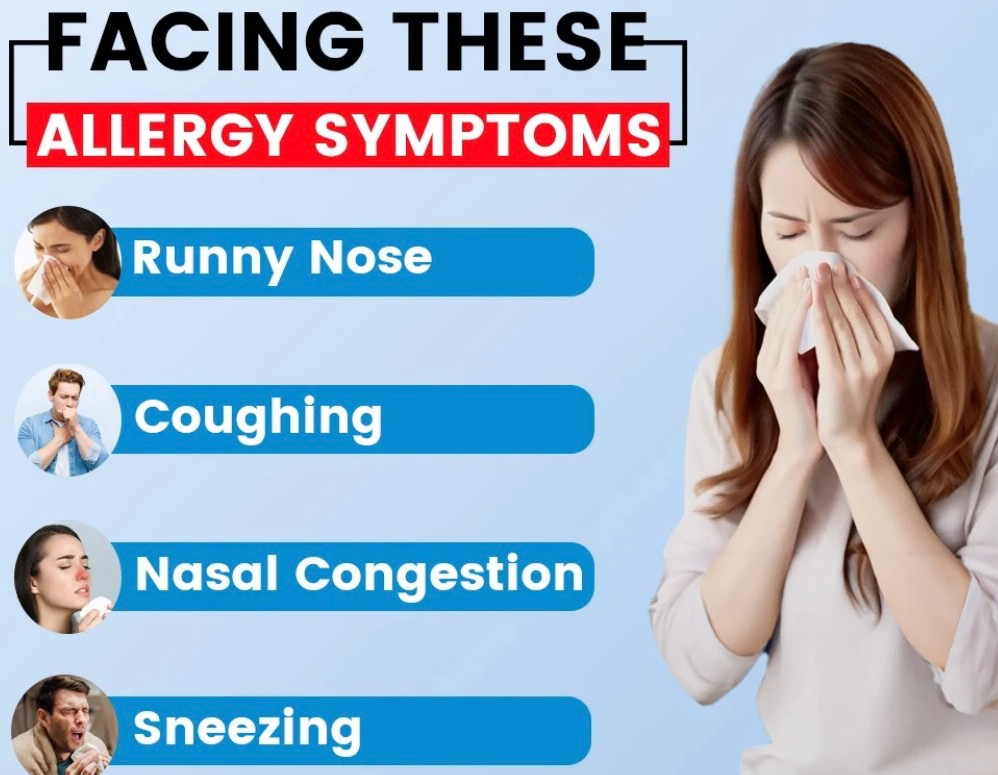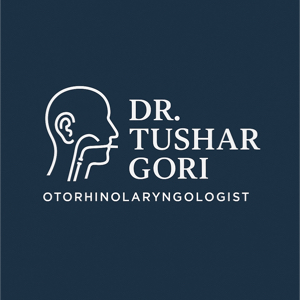+918045134178

This is your website preview.
Currently it only shows your basic business info. Start adding relevant business details such as description, images and products or services to gain your customers attention by using Boost 360 android app / iOS App / web portal.
Allergic Rhinitis - Causes, Symptoms and Treatm...

Allergic Rhinitis - Causes, Symptoms and Treatment Allergic rhinitis, commonly known as nasal allergy or hay fever, is a condition where your nose becomes sensitive to certain particles in the air called allergens. These can include dust, pollen, pet hair, or mold. It affects people of all ages and can occur seasonally or throughout the year. ⸻ Causes of Allergic Rhinitis Allergic rhinitis happens when your immune system overreacts to harmless particles. Common allergy triggers include: • Dust and dust mites • Pollen from trees, grass, or weeds • Pet dander from cats or dogs • Mold or fungus • Strong smells like perfumes or cleaning sprays ⸻ Symptoms of Allergic Rhinitis Common signs and symptoms include: • Frequent sneezing • Runny or blocked nose • Itchy nose, eyes, or throat • Watery or red eyes • Mucus dripping at the back of the throat (postnasal drip) • Mouth breathing or snoring at night • Feeling tired or having difficulty concentrating due to poor sleep ⸻ Types of Allergic Rhinitis There are two main types: • Seasonal allergic rhinitis: Happens during certain times of the year, especially spring or monsoon, due to pollen or mold • Perennial allergic rhinitis: Occurs throughout the year due to indoor allergens like dust or pet dander ⸻ Diagnosis Diagnosis is usually based on: • A detailed discussion of symptoms • Nasal examination by an ENT specialist • Allergy testing if needed (blood test or skin prick test) ⸻ Treatment Options The goal of treatment is to reduce symptoms and avoid triggers. Lifestyle changes: • Keep rooms dust-free • Use an air purifier if needed • Wash bedding in hot water regularly • Keep pets out of the bedroom • Avoid smoke, incense, or strong smells Medications: • Nasal sprays to reduce swelling and inflammation • Antihistamine tablets or syrups to reduce sneezing and itching • Decongestant medicines for blocked nose • Allergy shots (immunotherapy) in selected long-term cases Other treatments: In some cases where the nasal structure is involved, advanced tests or procedures may be needed. Your ENT doctor can guide you further. ⸻ When to Consult an ENT Specialist Visit your ENT doctor if: • Symptoms are frequent, severe, or long-lasting • You have sleep issues due to nose blockage • Headaches or facial pressure develop • You do not get relief from regular medicines ⸻ Quick Summary • Allergic rhinitis is a common and treatable condition • It causes sneezing, runny nose, itchy eyes, and nasal blockage • Common triggers are dust, pollen, pets, and mold • Treatment includes lifestyle changes, medicines, and expert care • Consulting an ENT specialist helps in proper diagnosis and long-term relief ⸻ Allergic rhinitis treatment, nasal allergy, nose allergy symptoms, ENT doctor for allergy, dust allergy relief, best treatment for sneezing, pollen allergy care, blocked nose at night, itchy nose and eyes, nasal congestion relief

